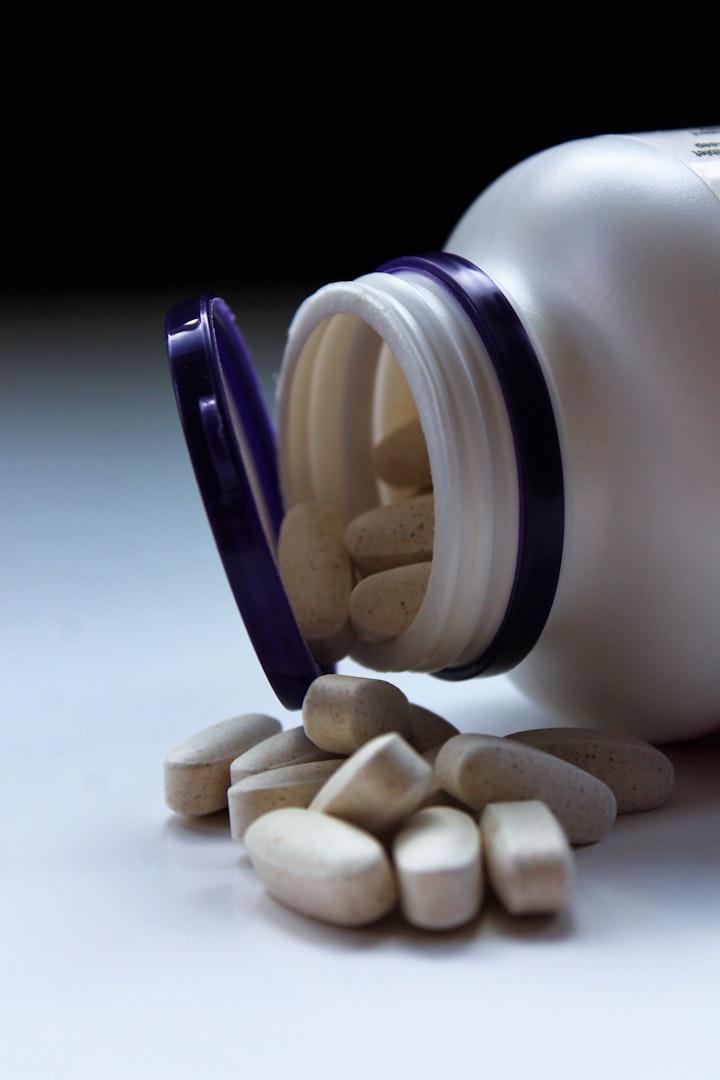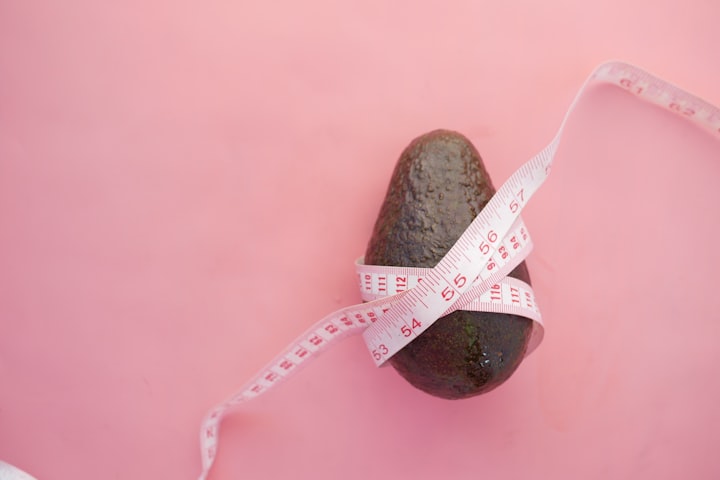10 Medical Supplies You Need to Have in Your House
How to Prepare for Emergencies and Illnesses with These Medical Supplies

As the tides of time change, we are reminded of the fragility of life and the immeasurable value of good health. The events of 2020, especially the COVID-19 outbreak, served as a stark lesson, teaching us that the future is unpredictable, and preparedness is paramount. The chaos and uncertainty unleashed by the pandemic underscored the significance of having the right medical supplies readily available at home. Whether faced with a health crisis, natural disaster, or economic downturn, having essential medical supplies can make all the difference in effectively handling emergencies.
Here's a comprehensive list of 10 medical supplies that you should keep in your house, ensuring you're prepared for any unexpected situation:
Naproxen - Alleviating Pain
Belonging to the NSAID family, Naproxen effectively tackles moderate pain, swelling, and fevers. Its benefits extend to conditions such as osteoarthritis, rheumatoid arthritis, bursitis, gout attacks, muscle pains, headaches, sprains, menstrual cramps, and dental pains. Having Naproxen on hand is a necessity.
Loratadine - Conquering Allergies
A crucial addition to any home, Loratadine combats allergies like hay fever and allergic skin rashes. Its effectiveness in relieving symptoms such as pruritus, watery eyes, runny nose, and sneezing associated with seasonal allergies or flu makes it safe for both older individuals and children above 2 years of age.
Thermometer - Monitoring Body Temperature
A household thermometer allows you to monitor body temperature effortlessly. It aids in determining whether a person has a normal temperature, fever (temperature above 38 degrees Celsius), or low temperature (less than 35 degrees Celsius). For pediatric emergencies, a thermometer proves invaluable in controlling body temperature and preventing complications.
Acetaminophen - The Fever and Headache Fighter
Acetaminophen stands as the go-to drug for fevers and headaches. As a non-opioid analgesic and antipyretic drug, it effectively treats mild to moderate pain and fever. Available in various forms like pills, liquids, injections, and rectal suppositories, Acetaminophen caters to both kids and adults.
Gauze Sponges - Wound Care Guardians
Essential for cleaning and dressing wounds, gauze sponges also serve as valuable tools for applying pressure to bleeding areas. Their sterility ensures a protective barrier between the injured body part and external surfaces.
Bandages - Promoting Germ-Free Healing
In times of minor injuries, bandages play a vital role in treating and safeguarding wounds, allowing for a germ-free healing process. They are especially effective for small cuts, scratches, and wounds, granting the injured person the freedom to continue daily activities without fear of infection.
Medical Gloves - Shielding Against Infections
An essential household item, medical gloves prove indispensable for handling injuries, bleeding, wound dressing, and cleaning. Given the number of germs our hands come in contact with, using gloves is crucial when accessing injured body parts or removing foreign objects from airways.
Alcohol and Alcohol Swabs - Disinfecting Necessities
The significance of disinfecting surfaces and objects became evident during the COVID-19 pandemic, making alcohol and alcohol swabs highly sought-after medical supplies. Additionally, alcohol's effectiveness in cleaning minor cuts, burns, and scrapes, while reducing nausea and vomiting, further reinforces their importance.
Oral Rehydration Solution (ORS) - Battling Dehydration
ORS should be readily available in every household. Gastrointestinal upset leading to vomiting and diarrhea can result in substantial fluid and electrolyte loss, particularly in children below 5 years of age, potentially causing dehydration and even shock. ORS proves invaluable in preventing complications by replenishing lost liquids and electrolytes.
Omeprazole - Relief from Stomach Upset
For stomach upset, heartburn, and acid-related issues, Omeprazole is the go-to medication. By inhibiting acid production in stomach cells, it effectively alleviates discomfort and provides much-needed relief from gastritis and ulcers, which can be triggered by certain foods or overeating.
While these medications are readily available over-the-counter for home use, always exercise caution and consult with your physician before use. Having these medical supplies in our homes can significantly impact emergency situations, potentially saving lives and preventing health complications.
It is essential to recognize that preparedness transcends borders and economic boundaries. Equipping ourselves with the right medical essentials is a universal need that acknowledges the unpredictability of life. In regions where access to basic medical supplies is limited, the importance of preparedness becomes even more critical, emphasizing the significance of being well-equipped to handle unforeseen challenges.
"To be prepared is half the victory," as Claude Hopkins famously said. Being ready with essential medical supplies not only safeguards our health but also empowers us to face life's uncertainties with confidence.
Frequently Asked Questions (FAQs):
Can Naproxen be used for various types of pain?
Certainly, Naproxen is effective in addressing different types of pain, such as arthritis, muscle pain, and headaches. However, it is crucial to adhere to the recommended dosage and consult a healthcare professional if you have any concerns.
Is Loratadine safe for children?
Yes, Loratadine is safe for children above the age of 2. Nonetheless, consulting a pediatrician for proper dosing instructions is advisable.
Are bandages reusable?
No, bandages are designed for single-use to maintain hygiene standards and prevent infections. Always dispose of used bandages properly.
Can medical gloves be reused?
Medical gloves should only be used once and then properly discarded. Reusing them can compromise hygiene and increase the risk of contamination.
What should I do if someone experiences dehydration?
If someone is experiencing dehydration due to vomiting and diarrhea, consider offering them an oral rehydration solution (ORS) to replace lost fluids and electrolytes. However, in severe cases, it is crucial to seek immediate medical attention.
Remember, being prepared with essential medical supplies is a responsible step towards safeguarding your well-being and that of your loved ones. Always consult healthcare professionals for personalized advice and treatment.
About the Creator
che clovis
I’m Clovis, a health blogger and Vocal Media writer. I share tips on nutrition, fitness, natural health, and self-care. Follow me on Instagram @healthwithnatur






Comments
There are no comments for this story
Be the first to respond and start the conversation.